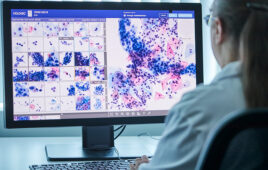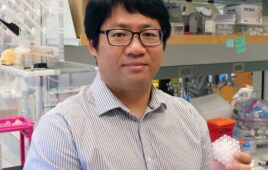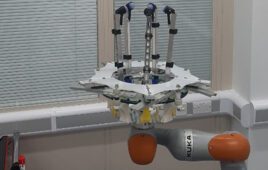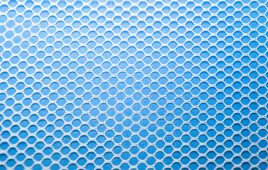The company is working with Gallup on a survey to build a wider snapshot of healthcare delivery to women.
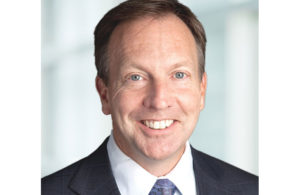
Hologic CEO Stephen MacMillan
Hologic emerged two decades ago as a future leader of women’s health products and fulfilled that promise with timely acquisitions, and effective device and diagnostics product releases. But CEO Stephen P. MacMillan believes the company hasn’t made its biggest impact yet.
In an interview with the DeviceTalks Weekly podcast, MacMillan said Hologic’s decision to partner with the global analytics and polling company Gallup to create the Global Women’s Health Index may be the most important contribution the company can make.
“For all the products we’ve made over our company’s lifetime — 3D mammography, the PAP test or HPV test and everything else — the data we get from this [survey] may turn out to have the biggest impact on human health of anything we’ve ever done,” MacMillan said.
The survey launched last year during the COVID-19 lockdown. MacMillan said Hologic never considered pulling out of the partnership or reducing funding when the pandemic created uncertainty. “This was a commitment we made,” he said. “We wanted to start because we just don’t think there’s enough information about women’s health.”
Gallup delivered its survey questions in over 40 different languages to more than 100,000 women and men living in 116 countries, according to the company. The 232,000 minutes of conversation produced 36 million data points.
The survey doesn’t focus only on areas where Hologic has products, but rather tries to build a wider snapshot of the healthcare that’s being delivered to women, according to MacMillan. Hologic’s offerings include diagnostics and treatment in breast health, gynecological surgery and skeletal health, as well as a wide range of tests for cancer and other diseases that affect women. The company has also built a line of diagnostic tests for COVID-19, using its line of Panther PCS testing systems.
“We thought if we can start to shine a brighter light on women’s health and bring data to governments around the world, that alone will start to have a massive impact,” MacMillan said. “For example, many governments want to make sure that 50% of all women are getting screened for cancer every two years. Well, they’re not necessarily measuring that. We’re able to go … country by country and say, `Here are your goals. Here is the data we have found.’ We can shine a bright light on things.”
The survey will also apply a broader definition of health, assessing the risk of domestic violence and other critical safety concerns.
Hologic has no plans to monetize the survey, according to the CEO. Company officials saw this as an extension of a “deep purpose” to improve women’s health.
“Hopefully, we’ll bring something to society that is going to be of tremendous value,” MacMillan said. “It should be able to have a massive impact on human health, you know, not just women’s health, but by definition, human health.”
The timing of the index coincides with an awakening by major companies inside and outside of medtech to lend their voices to a push for social change. MacMillan sees the survey results as helping to further discussions and advance causes for improving women’s health.
“There’s no company on the planet that’s done more for breast and cervical cancer then Hologic,” said MacMillan, who joined the company as CEO 10 years ago. “My own mother is a two-time breast cancer survivor. So, it’s been very personal part of the journey as well for me, and just magical [that we’re] in businesses that can make a real difference in the world.”
The results will be ready for release in the fall of this year at the World Economic Forum in Davos, Switzerland. MacMillan said Hologic was approached by the organizers of the conference who saw the importance of the data. “They’ve invited us to join them because they’re fascinated by the impact this study can have. There’s nobody that’s done anything like this.”
You can listen to the podcast here.

